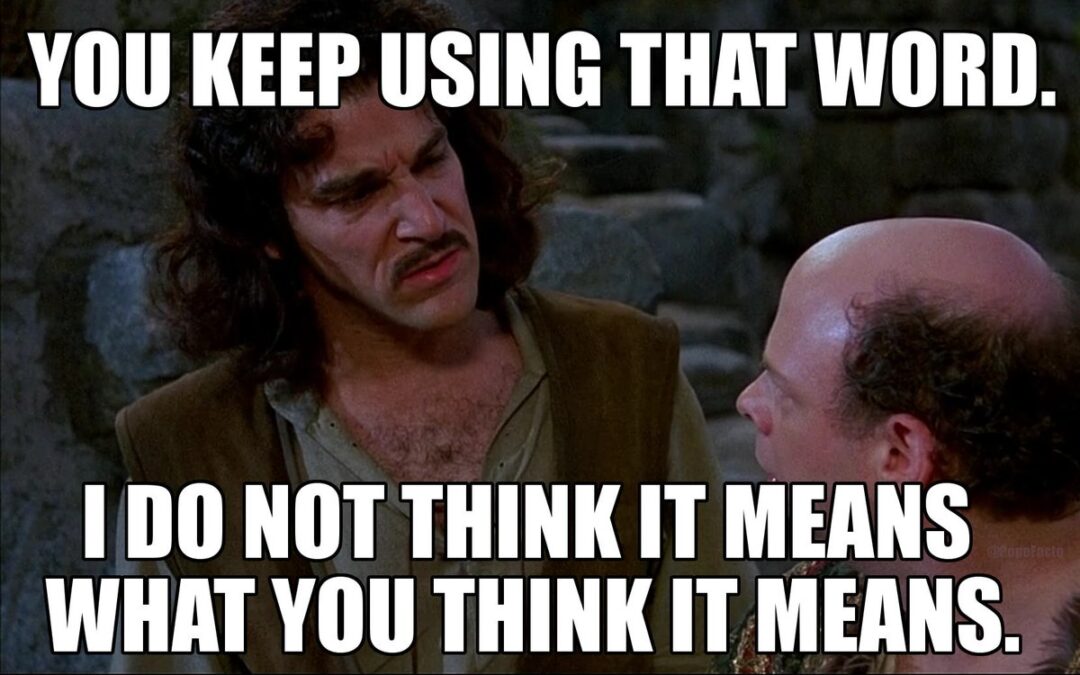I’ve been seeing this mistake a lot lately in the scripts I’ve been proofreading. The writer will use SAME when they mean CONTINUOUS. They are not the same thing and have very different uses.
SAME TIME
SAME (sometimes written as SAME TIME) means that the scene occurs at the same time as the previous scene. That is, the actions and dialogue taking place in this scene occur while the actions and dialogue from the previous scene are occurring.
CONTINUOUS
CONTINUOUS means that everything occurring in the scene takes place immediately after the previous scene, with no gap in time (otherwise MOMENTS LATER/LATER/DAY/NIGHT would be used).
Putting it all together
It’s rare to need SAME in your scene heading. An example of a legitimate use would be as follows:
EXT. DODGE CITY - MAIN STREET - DAY Rival SHOPKEEPERS glare at each other from across the street. Shopkeeper 1 gives Shopkeeper 2 the middle finger. A fuse has been lit. Both Shopkeepers dash into their respective stores. INT. SHOPKEEPER 1'S STORE - CONTINUOUS Racing behind a counter, Shopkeeper 1 opens a drawer, pulls out a revolver, blazes back to the front door. INT. SHOPKEEPER 2'S STORE - SAME Sprinting to a cupboard, Shopkeeper 1 quickly unlocks it, removes a long rifle, runs back to the main entrance. EXT. DODGE CITY - MAIN STREET - CONTINUOUS Both Shopkeepers emerge from their front doors simultaneously, aim their guns. CLICK. CLICK. Both guns -- empty.
Side note
In modern spec scripts, using CONTINUOUS is optional. You can just leave it blank if the scene is occurring immediately after the previous one (e.g. EXT. SHOPKEEPER 1’S STORE would have been satisfactory in the previous example). Just make sure you’re consistent. Don’t leave it blank sometimes and other times use CONTINUOUS.
It’s also just fine to use the standard DAY or NIGHT instead of CONTINUOUS. We’ll understand there’s no gap in time from the context of the scene — the same way the audience will.
What heading or formatting elements trip you up?






Hi Trevor. Came across your page again. Good show. Hope you’re doing well. Charles
Hey Charles! Great to hear from you. I wish more writers new about this rule. I’m seeing this mistake all the time in scripts now. Thanks for stopping by and saying hello!